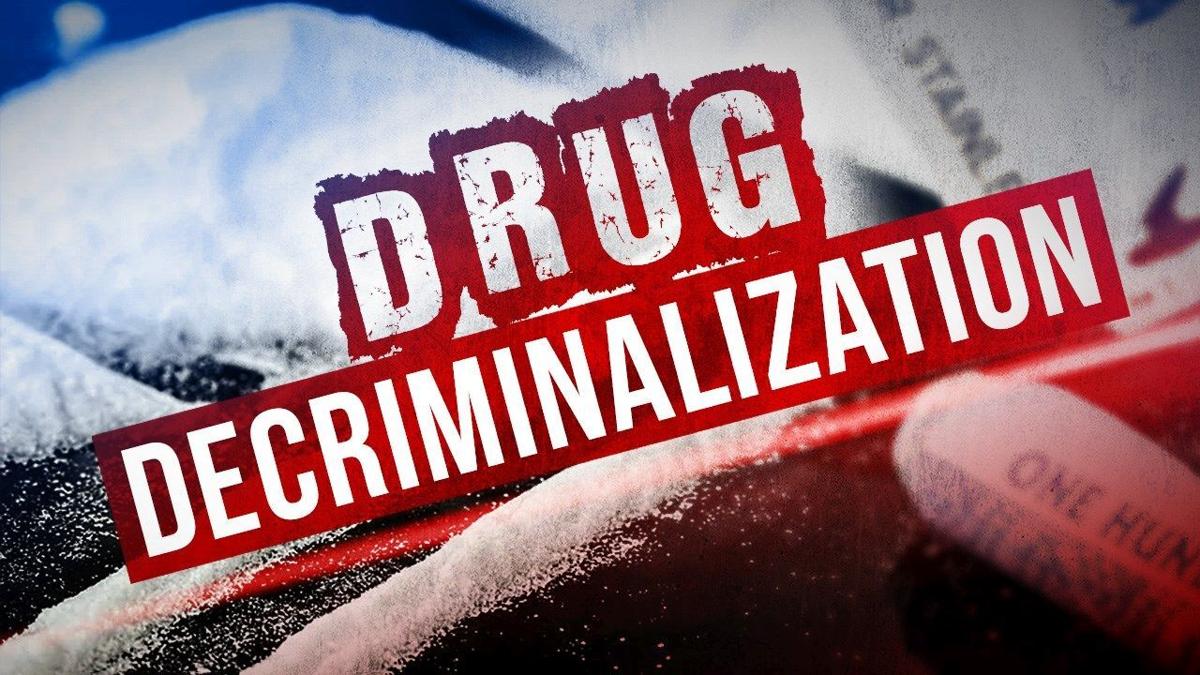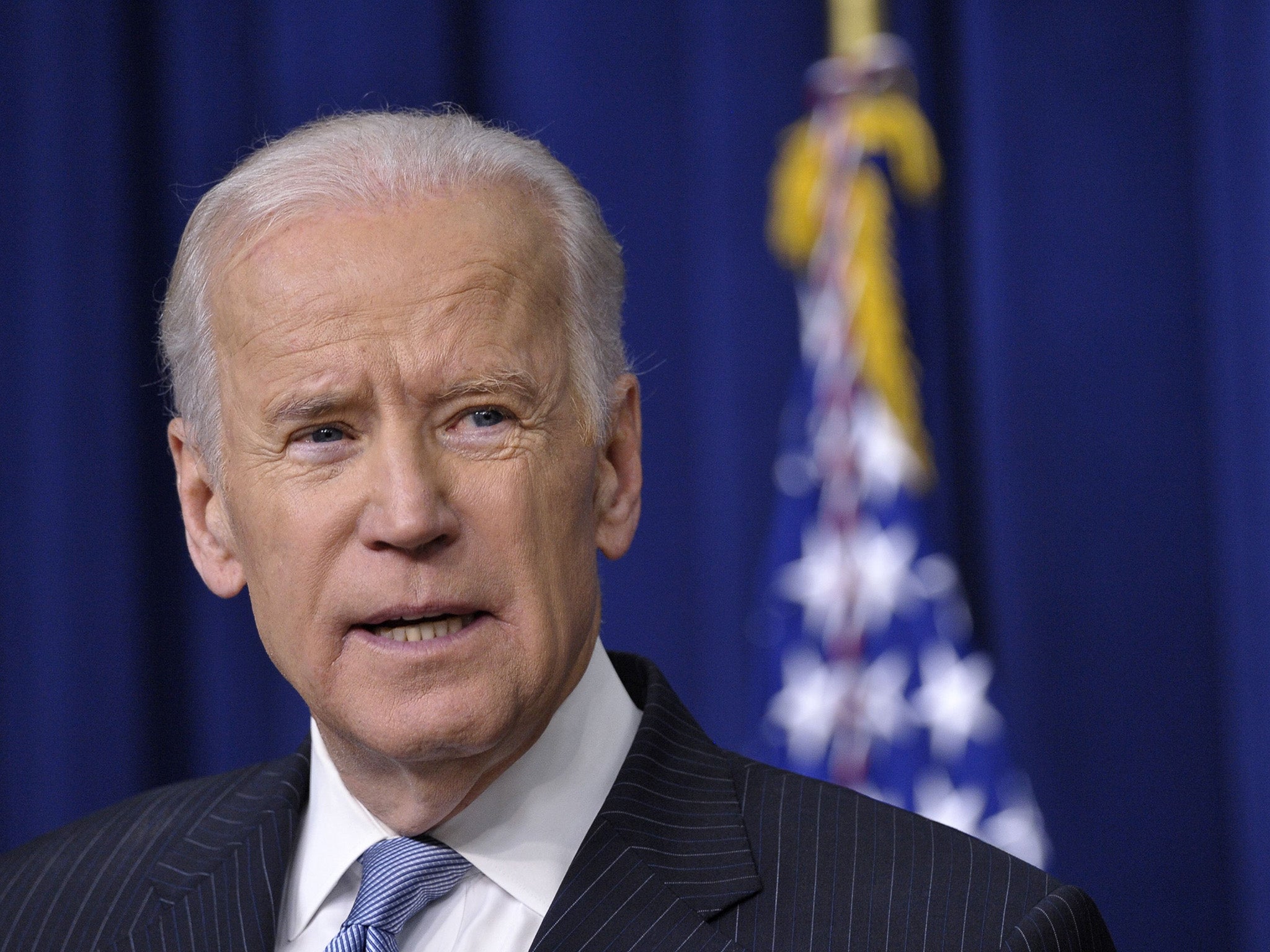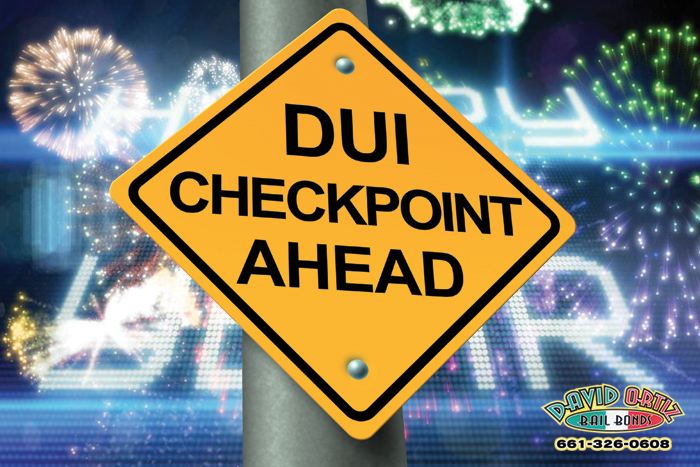
A new Leafly report shows that national sales boomed during the COVID-19 Pandemic in 2020, including in Washington, leading to growth in revenue and jobs.
Also, Leafly’s more recent Jobs Report shows that nationally, cannabis sales saw a 71% surge between 2019 and 2020. And Americans bought $18.3 billion worth of pot products in 2020, according to the report.
“Despite a year marked by a global pandemic, spiking unemployment, and economic recession, the legal cannabis industry added 77,300 full-time jobs in the United States,” Leafly’s 2021 jobs report says. “That represents 32% year-over-year job growth, an astonishing figure in the worst year for US economic growth since World War II.”
Legalization of marijuana in some form or another is rapidly catching on in most U.S. states. While some states that recently legalized recreational or medicinal use of marijuana added more jobs than Washington in 2020, its industry has continued to grow steadily since 2012, the report says.
Washington’s cannabis sales increased by 17% in 2020, with customers spending $1.42 billion on marijuana products, leading to a boom in employment, the report says. The state has 19,873 cannabis industry jobs, which is 524 more than 2019.
As one of the pioneering states in the sale of recreational marijuana, Washington has the fifth-most cannabis jobs and some of the highest sales number in the U.S., according to the report.
WHY THE SURGE?
When the Covid-19 pandemic hit the United States in March, many in the cannabis industry worried about a massive industry-wide shutdown. Instead, governors in most states declared cannabis an essential product. Dispensaries and retail stores responded by offering online ordering, curbside pickup, and delivery as Covid-safe options for their customers.
Customers, in turn, responded by stocking up for those weeks of stay-at-home advisories. After a brief dip in late-March revenue, most stores saw a significant bump in April—and then the bump became a plateau.
My opinion? Whether it or not it ends up being a coping mechanism for COVID-19 pandemic, it looks like cannabis has become how many people are making it through.
Please contact my office if you, a friend or family member face Drug Charges or any other crime. Hiring an effective and competent defense attorney is the first and best step toward justice.














